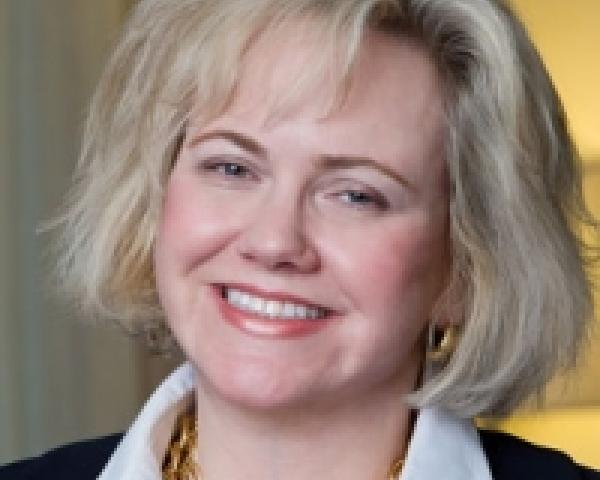Away from the noise in Washington, there’s a quiet movement to improve healthcare and lower costs, and it’s making progress. The movement is led by employers and other large purchasers of health benefits. This is the third in my periodic profiles of some of the best strategies in the private sector.
One of the most promising innovations I’ve seen in healthcare does not come from Silicon Valley or an Ivy League incubator, but from the plain soil of practical Arkansas, birthplace of the world’s largest retailer. Walmart takes seriously its responsibility for stewarding the benefits it offers its more than 1.3 million U.S. employees and their dependents.
I first heard about Walmart’s leadership from their former global benefits leader Tom Emerick, whose book
Cracking Health Costs (written with Al Lewis) describes “Company-Sponsored Centers of Excellence (CSOEs),” a handful of hospitals Walmart picks for employees and their families whose doctors have diagnosed them with certain conditions and recommend surgery. While employees can always remain with the hospital of their own choosing, Walmart will pay all copays and travel expense for the patient and a companion if the patient consults with one of the centers of excellence.
See also: Walmart’s Approach to Health Insurance
Emerick started the program by targeting one of the most invasive and risky procedures offered in hospitals--transplants. He selected world-class hospitals as centers of excellence, including big names like
Cleveland Clinic. If an employee or covered family member is told by the doctor that he or she needs a transplant, the employee is eligible to visit a center of excellence, where a team of physicians examine the patient, recommend a treatment and, if necessary, do the surgery.
What happened next astonished Emerick. As he explains in his book, “About 40% of covered plan enrollees were originally told they needed a transplant but were discovered to
not need a transplant when sent to the top clinics in the United States.”
Avoiding a transplant saves money, but, more importantly, it saves endless heartache and suffering for those patients able to find less invasive alternatives. A transplant is one of the most painful and difficult surgeries imaginable, and requires a lifetime of medical follow-up, including strong medications, many with serious side effects.
Emerick’s successor at Walmart, Sally Welborn, expanded the CSCOE model to cover orthopedic procedures for knee, hip and spine, as well as certain common cancer diagnoses. She added a bold twist to the program: Along with her senior director Lisa Woods and the Walmart team, she negotiated a deal that upended the usual way healthcare does business. Each center of excellence signed two contracts: first, accepting a bundled payment for a treatment recommendation, and second, another capped bundled payment covering all aspects of the procedure. These were not the usual fee-for-service contracts. Instead, Walmart aligned the hospital’s financial incentives with the patient’s best interests.
That sounds like common sense, but in healthcare common sense is the exception, and the deal is a breakthrough. Traditionally, in fee-for-service, hospitals are reimbursed for everything they do, regardless of whether the work helps or harms the patient. But with bundled payments, the hospital gets paid for accomplishing what the patient needs and wants.
Like Emerick, Welborn was surprised by the results. About a third of the time, medical teams did not recommend the procedure the patient had been referred for. As many as half of those recommended for the cancer center of excellence had been misdiagnosed.
Sally is leaving Walmart in July, and she departs with a powerful legacy. In addition to this program and some other innovative initiatives, she’s
spread lessons learned throughout the employer community. She worked with Pacific Business Group on Health, for instance, to bring together other employers to
launch their own centers of excellence programs, building on the Walmart model so they don’t reinvent the process from scratch.
See also: Walmart Shows Way on Health Benefits
Scaled nationally, programs like Walmart’s have vast potential. Officials at the agency that funds Medicare have been developing bundled payment trials over the past few years. It remains to be seen whether deals like this from the private sector influence the new administration.
But the need is urgent. A blue ribbon consensus panel at what used to be called the Institute of Medicine
estimated that about a third of all health costs are wasted each year, often on inappropriate, unneeded procedures and errors. Those wasted dollars are enough to fund all of Medicare, Medicaid, CHIP and Obamacare subsidies, with a little left over to cover NIH or CDC, as well.
In an era of frustration and fear over health care reform, Arkansas offers a promising moonshot worth watching. Congress, take note.


